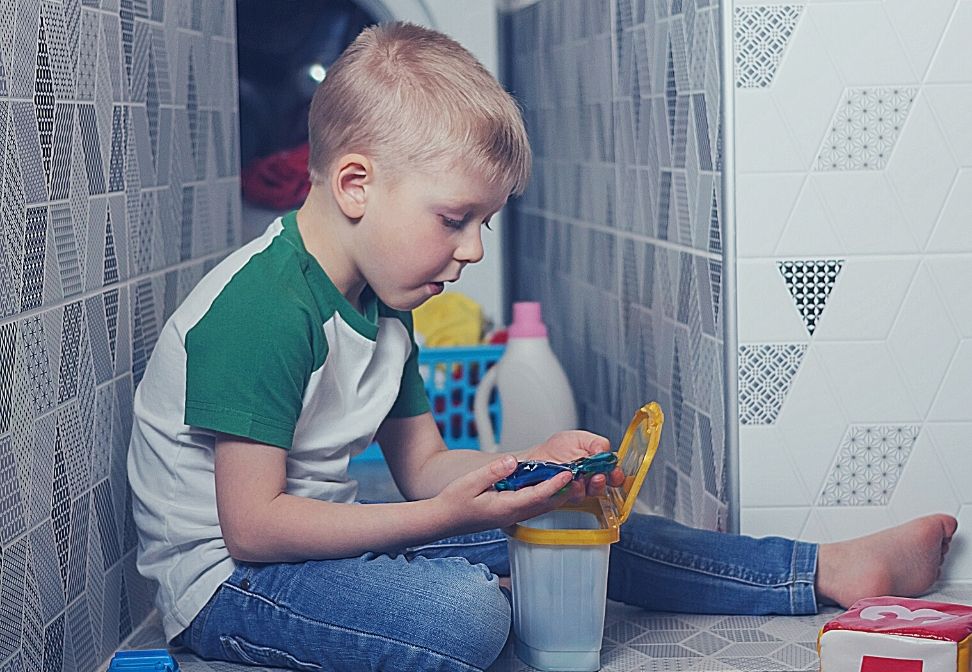Take a peak under your kitchen sink or in your laundry room and you will likely see many items that could be dangerous. Household cleaning agents, prescription medications, pesticides and many other common products can pose serious hazards to the health of our families and even pets.
Did you know that more than two million accidental poisonings occur each year in the United States? Most of these take place in the home (93 percent) and involve young children (45 percent).
March 17-23 is National Poison Prevention Week is intended to raise awareness and make us mindful of the dangers lurking in our homes. Some common products that children, especially, are getting into while at home include:
- Hand sanitizer
- Personal care products (like mouthwash, lotions, and sanitizer)
- Cleaning products
- Over-the-counter and prescription medications
- Home improvement and arts and crafts materials
- Objects like silica gel packets, glow sticks, and coins
Prevention Strategies
The good news is that poisoning incidents can be prevented with a little extra awareness and care. Poison Control experts recommend that homeowners should start by taking inventory of the everyday items they use.
Then, make sure that:
- Household products, cleaners, personal care products and medications are up and away and out of children’s sight.
- Household cleaners and chemicals are kept in their original containers.
- Purses, handbags or backpacks that contain medicines or personal care products are stored up and away from children.
- Young children are taught not to touch or taste a product without a trusted adult’s permission. Colorful and pleasant-smelling products can be very appealing.
- When you give children medicine, that you double check morning and evening medications to prevent double dosing.
- Medicine cabinets are cleaned out regularly
- Carbon monoxide detectors are in good working order.
Signs of poisoning
The signs and symptoms of poisoning vary depending on the type of poison, how much poison was involved, and how the person was exposed. Signs to be aware of include:
HUMANS
- Dizziness, disorientation, drowsiness, and faintness
- Nausea, vomiting, diarrhea, and stomach pain
- Rash
- Sores or redness around the mouth
- Drooling or foaming
- Trouble breathing
- Headache
- Shaking
- Seizures
PETS
Depending on the type of poison, signs of poisoning can vary. Some common signs include vomiting, diarrhea, difficulty breathing, excessive drooling or foaming at the mouth, loss of appetite, and lethargy. If you notice any of these signs in your pet, contact a veterinarian or animal poison control center right away
At the first sign of a poisoning
- Call the toll-free Poison Helpline (1-800-222-1222), which connects you to your local poison center.
- If the person inhaled poison – Get to fresh air right away.
- If the person has poison on the skin – Take off any clothing the poison touched. Rinse skin with running water for 15 to 20 minutes.
- If the person has poison in the eyes – Rinse eyes with running water for 15 to 20 minutes.
- If your child swallowed something toxic or an unknown object – call the Poison Helpline before administering any type of first aid. Every poisoning is different and treatment advice will depend on the type and amount of poison involved. The child’s age, weight, and medical history will affect treatment, too.

